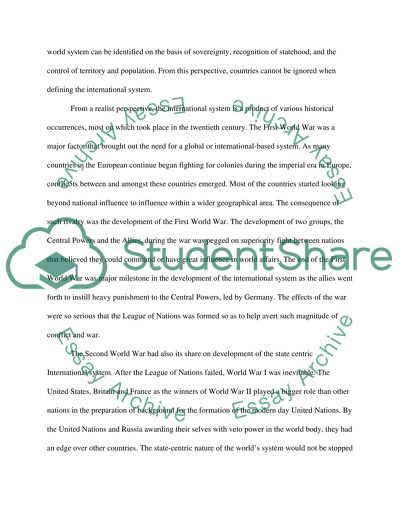Cite this document
(“Four Questions Assignment Example | Topics and Well Written Essays - 1500 words”, n.d.)
Retrieved from https://studentshare.org/history/1470219-four-questions
Retrieved from https://studentshare.org/history/1470219-four-questions
(Four Questions Assignment Example | Topics and Well Written Essays - 1500 Words)
https://studentshare.org/history/1470219-four-questions.
https://studentshare.org/history/1470219-four-questions.
“Four Questions Assignment Example | Topics and Well Written Essays - 1500 Words”, n.d. https://studentshare.org/history/1470219-four-questions.


